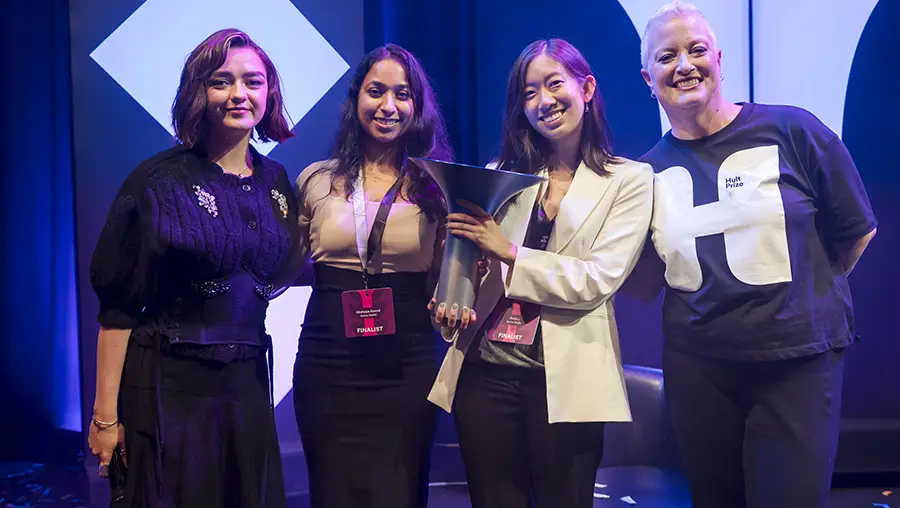
Dual Pitt-CMU Graduate Student Wins $1M Hult Prize
Anna Li, a graduate student in the Medical Scientist Training Program at Carnegie Mellon University and the University of Pittsburgh, is CEO of Korion Health — winner of the $1 million Hult Prize Global Competition.
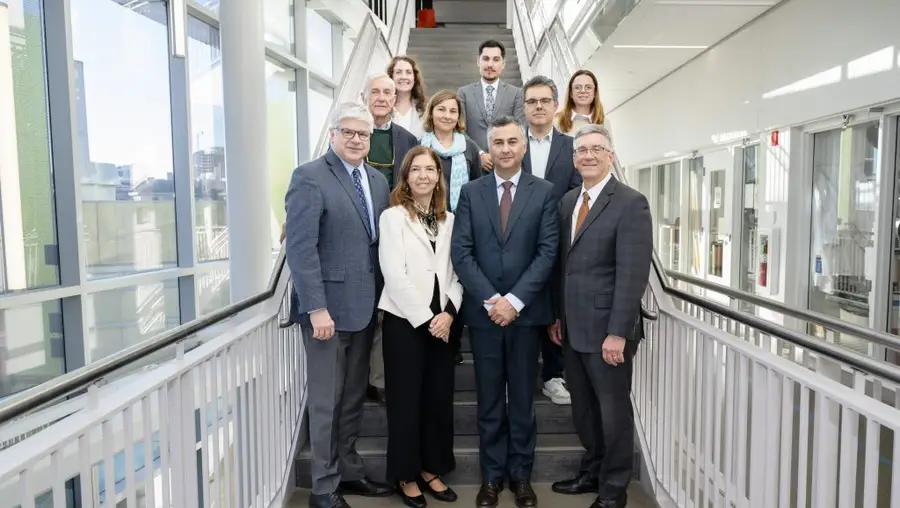
Portuguese Delegation Visits Carnegie Mellon
Portuguese Minister of Education, Science and Innovation, Fernando Alexandre made his first official visit to Carnegie Mellon University in Pittsburgh, alongside the Secretary of State for Science Ana Paiva to attend the 2024 CMU Portugal Summit.
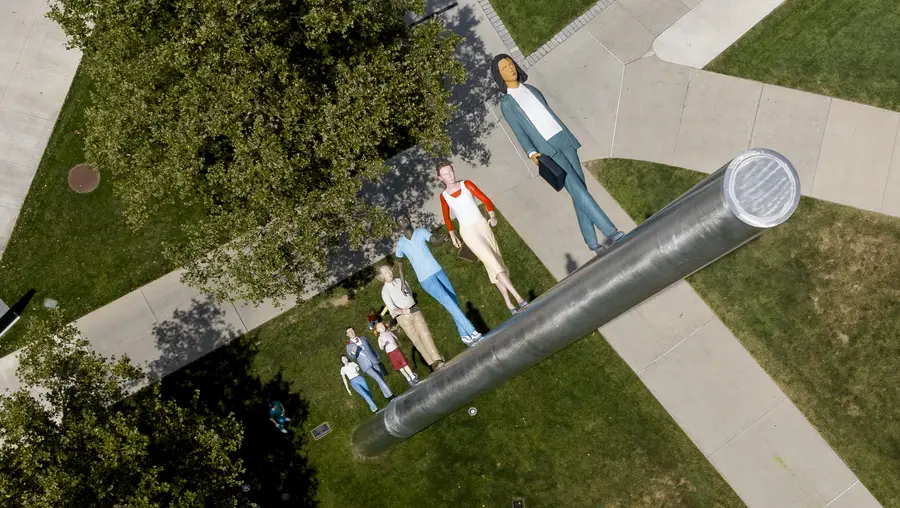
New CMU Pathway Program To Provide Significant Financial Relief to Undergraduate Students
A new initiative aims to provide significant financial relief to undergraduates from low- and middle-income families, ensuring that a quality education at CMU is within reach for all deserving students.

Watermarked LLMs Offer Benefits, but Leading Strategies Come With Tradeoffs
A new study examines the tradeoffs of some of the most popular techniques used to watermark content generated by LLMs.
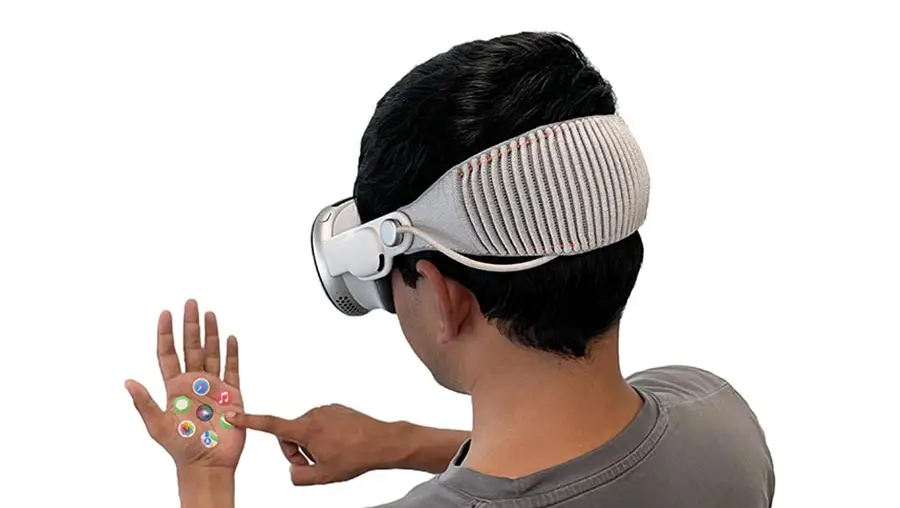
CMU's EgoTouch Creates Simple Interfaces for Virtual and Augmented Reality
A new tool from researchers in CMU's Human-Computer Interaction Institute could put control for AR/VR environments in the palm of the hand.
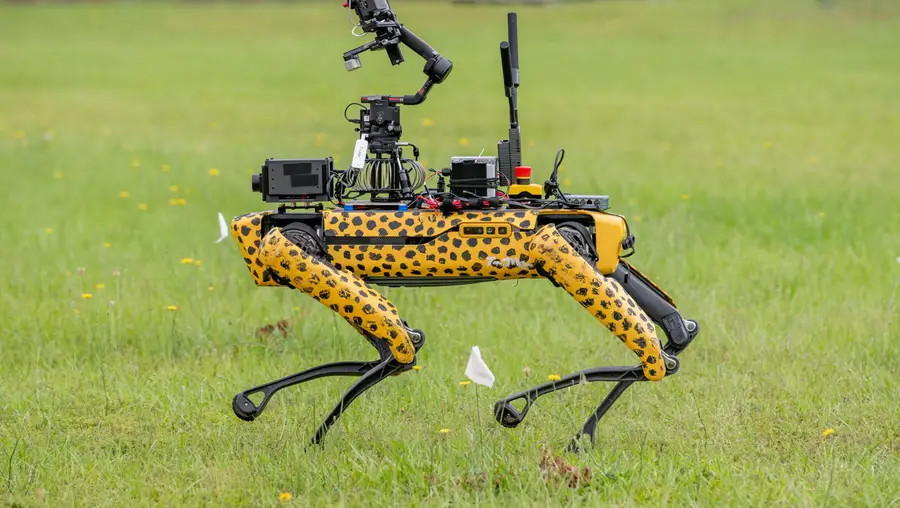
CMU, Pitt Researchers Move Forward in 3-Year, $7M DARPA Triage Challenge
Team Chiron, a collaboration between researchers from Carnegie Mellon University and the University of Pittsburgh, will compete in the second round of the DARPA Triage Challenge.
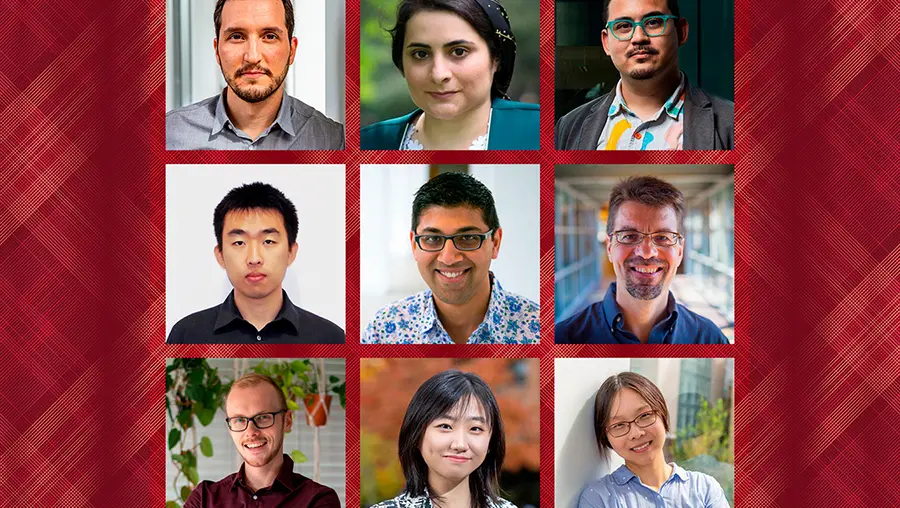
SCS Faculty Receive Google Academic Research Awards
Nine Carnegie Mellon School of Computer Science faculty members have received Google Academic Research Awards to make education equitable, accessible and effective using artificial intelligence; apply Google tools like Gemini to systems and infrastructure problems; and use AI to benefit society.

SCS Researcher Develops Metagenomic Profiling Method
A new k-mer sketching metagenomic profiler allows scientists to analyze genomic data more quickly and precisely than other profilers.

Andy Awards Highlight CMU Staff for Exceptional Contributions
Six staff members and two teams were recognized for their meaningful contributions at Carnegie Mellon University’s 30th Annual Andy Awards ceremony, held Tuesday, October 15, 2024.